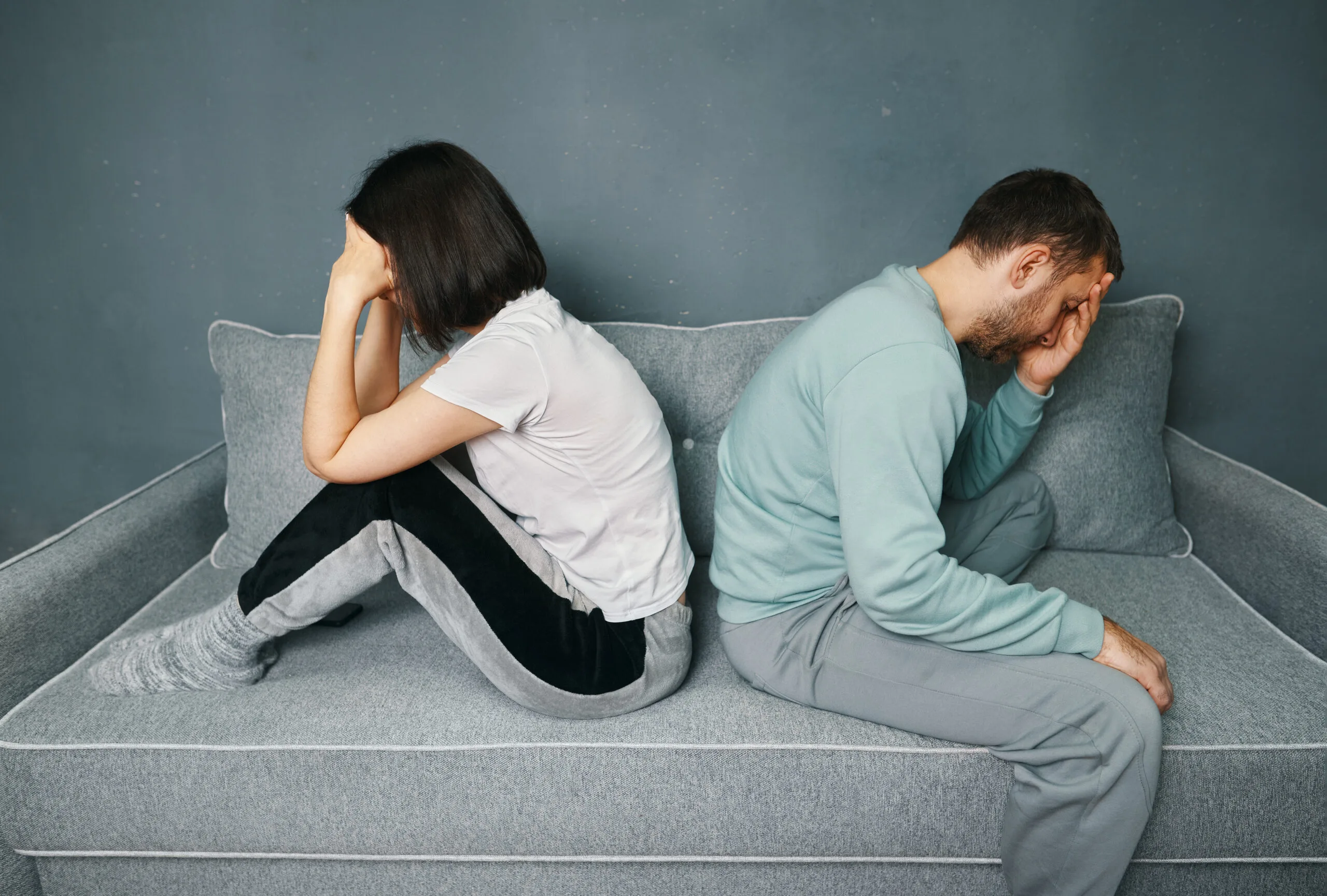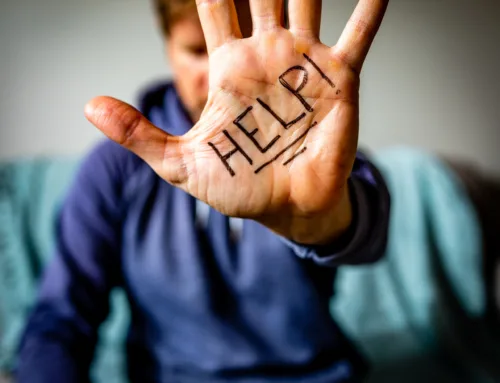Do Men and Women Face Addiction Differently?
Addiction does not discriminate – men and women, of all age groups and populations, are susceptible to developing an addiction if the right risk factors, circumstances and even genetics are present.
That being said, the experience of addiction tends to be different between men and women. Men and women of different age groups with varying backgrounds combined with the accessibility and effects of different substances, can cause variety in the trajectory of addiction and addiction recovery.
Men vs women in addiction
While drug addiction can be equally traumatizing for both men and women, research indicates that the genders suffer differently from the disease of addiction, are drawn to different substances as a result of gender and that gender can play a role in one’s response to substances and in the likelihood of becoming addicted.
“Typically, men are more likely to abuse illicit drugs and alcohol – 11.5 percent of boys and men over 12 have a substance use disorder, compared to 6.4 percent of women and girls. However, women are more likely to go to the emergency room or fatally overdose due to substance abuse.”
“Research has shown that women often use drugs differently, respond to drugs differently, and can have unique obstacles to effective treatment as simple as not being able to find child care or being prescribed treatment that has not been adequately tested on women.”
Additionally, Harvard Medical School examined the differences in addiction through the categories of “susceptibility, recovery and risk of relapse” as demonstrated below:
- Men are more likely to become addicted, but women are more likely to move from substance abuse to dependence to addiction at a quicker pace
- Men are more likely to abuse substances as a result of peer pressure or the desire to be included, while women often do it as a result of self-medicating
- In addiction, women are more likely to suffer from severe side effects (like significant physical health problems) and overdose, while men are more likely to plateau with substance abuse at lower doses
- Men are more likely to experience severe side effects of alcohol withdrawal than women
- Women are more prone to experiencing significant cravings and relapse, while men are known to have longer periods of sobriety and fewer chances of relapse
While each story of addiction varies, the statistics cannot be denied that addiction and the way men and women respond to it differ based on their biological makeup.
Gender-specific addictions
Certain substances impact men’s and women’s lives in certain ways. Statistics show that while some substances are more prominent in addictions plaguing men, other substances have a greater impact on women and their health.
Alcohol
In the past, men have outstripped women regarding unhealthy drinking habits, but recent years have shown women coming close to men with unhealthy habits. And girls aged 12-20 have surpassed men in regards to underage and binge drinking habits.
Women are more susceptible to developing disease and fatalities as a result of untethered alcohol consumption, with statistics reporting “the rate of death is 50 to 100 percent higher for women than men (including suicide, alcohol-related accidents, heart and liver disease, and stroke).”
Additionally, women are more likely to be affected by the social complications of alcohol use disorder, as more women than men suffer from physical violence as a result of their partner’s alcohol consumption.
Marijuana
Men are almost three times more likely to abuse marijuana than women, and they are more likely to feel the sensation of being high than women. Women, on the other hand, are more likely to suffer from panic attacks and anxiety-induced disorders as a result of marijuana abuse, even though men are more likely to have a co-occurring personality disorder in addition to marijuana abuse.
Opioids
When it comes to opioid use disorder, women are usually younger, less likely to abuse for long periods with large doses and do not often participate in injectable opioid use. Women are more likely to misuse prescription opioids as a means of self-medication for chronic pain or anxiety; but overdose deaths are higher among men as more men are addicted to opioids.
However, new evidence has shown that the number of women struggling with opioid addiction is quickly growing and creeping closer to the number of men who find themselves struggling with addiction.
Addressing gender differences in addiction
At Freedom Detox, we hope that both men and women find the necessary, personalized care they need more effectively overcome addiction based on their individual stories and experiences with addiction.
To get started on your journey today, reach out to Freedom Detox by calling 800-475-2312 or by contacting us online to learn more.










